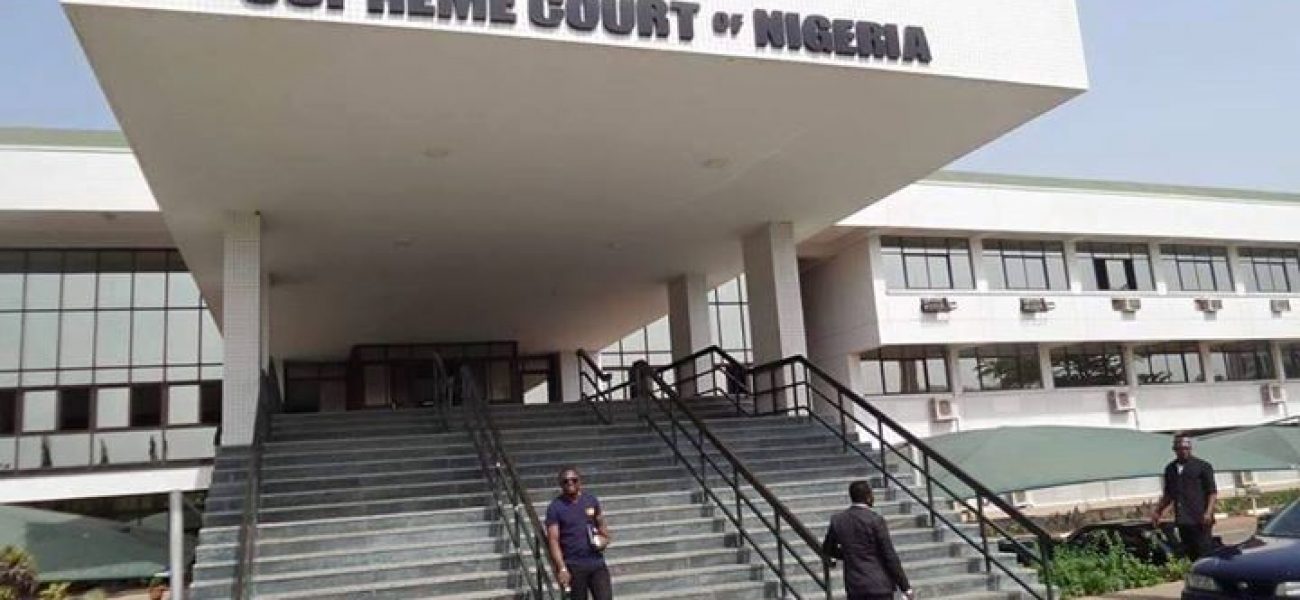The recent judgments of the Supreme Court on governorship elections in the past few weeks appear to have concluded the disputations that arose from the 2023 general elections with respect to the Presidential and governorship elections. On Wednesday, January 31, the Supreme Court affirmed the election of Governor Ahmadu Fintiri of Adamawa State and dismissed the appeal of the All Progressives Congress (APC) and its governorship candidate in the 2023 general elections, Aisha Dahiru Ahmed.
In a round of decisions on appeals arising from governorship election petitions delivered on Thursday, January 25, the Supreme Court affirmed the election of the Governors of Rivers, Taraba and Sokoto States. On January 19, the Supreme Court affirmed the elections of the Governors of Delta, Gombe, Kaduna, Kebbi, Nasarawa and Ogun States.
On January 12, the Supreme Court had delivered judgments on appeals of governorship election petitions for ten States – Abia, Akwa Ibom, Bauchi, Benue, Cross River, Ebonyi, Lagos, Kano, Plateau and Zamfara.
The election of the Kano State Governor, Abba Yusuf had been nullified by the Kano State Governorship Election Petition Tribunal and the Court of Appeal. Similarly, the Court of Appeal had nullified the election of the Plateau State Governor, Caleb Mutfwang and ordered a re-run in three Local Governments for the governorship election in Zamfara State. All three decisions were overturned by the Supreme Court. The election of Nasarawa State Governor, Abdullahi Sule had been nullified by the Nasarawa State Governorship Election Petition Tribunal. However, this decision was overturned by the judgment of the Court of Appeal, which was upheld by the Supreme Court. Similarly, the Kaduna State Governorship Election Tribunal had voided the election of Governor Uba Sani and ordered a re-run in four Local Government Areas in the State, a decision that was overturned by the Court of Appeal and upheld by the Supreme Court.
The Independent National Electoral Commission (INEC) conducted re-run and bye elections into Federal and State legislative seats February 3, 2024. Out of a total of 44 positions to fill, 35 were created by re-run elections ordered by the courts in petitions that followed the 2023 general elections.
The 2023 general elections were adjudged to have lacked credibility by several domestic and international election observers, as well as by the generality of Nigerians. The disappointment that met the conduct and outcome of the elections stirred a high level of public interest in election petitions, thereby bringing the judiciary into scrutiny. The pronouncements of some of the election petitions tribunals, the Court of Appeal and even the Supreme Court have raised questions ranging from bias of judicial officers, deviation from judicial precedents, and on to discrepancies between judgments read in open courts and those in the case files. The certified true copy of the full judgment of the Supreme Court on the highly anticipated appeal of the Presidential election petition, which was met with mixed reactions from Nigerians, was not made available for some time after the Court delivered the judgment.
The last general elections point to the critical need for deep-seated reforms that will promote transparency in election administration and adjudication. This is to ensure that elections reflect the will of the people and that election disputes are seen to be decided on the basis of merit.

